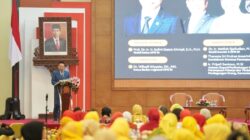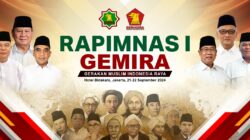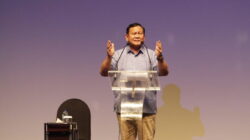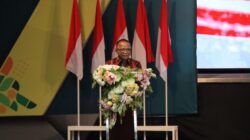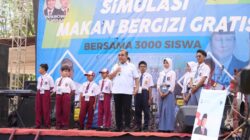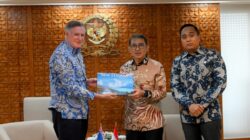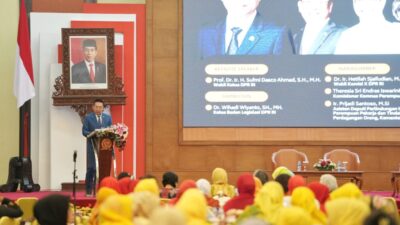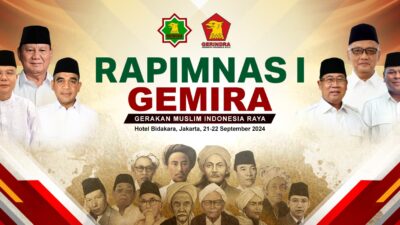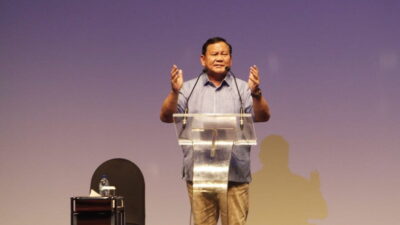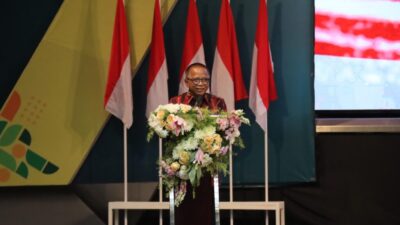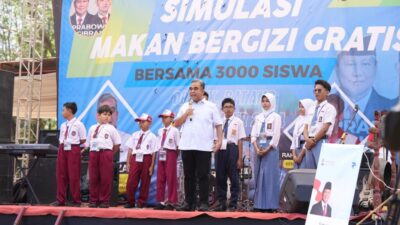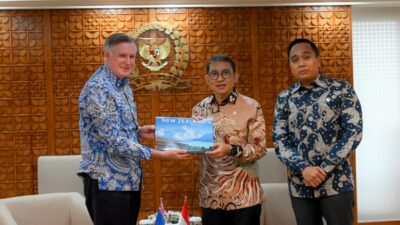Bawaslu Gowa Optimizes Data and Information Management in Indonesia
Bawaslu Gowa, the Regional Election Supervisory Agency in Gowa Regency, South Sulawesi, has taken significant steps to optimize the management of data and information. As an essential body responsible for overseeing and ensuring the fairness of elections, Bawaslu Gowa understands the importance of accurate and accessible data to fulfill its duties effectively.
In recent years, Bawaslu Gowa has implemented various strategies to improve its data management system. One of the initiatives includes the digitization of voter registration and electoral data. By shifting from paper-based records to electronic formats, Bawaslu Gowa can efficiently process and analyze information, leading to more informed decision-making.
The decision to digitalize data and information is in line with the Indonesian government’s efforts to create a more transparent and accountable electoral system. Through digitalization, Bawaslu Gowa can quickly identify irregularities, track campaign finances, and monitor the implementation of election laws. This approach not only enhances the agency’s capabilities but also strengthens the overall credibility of the electoral process.
Furthermore, Bawaslu Gowa has collaborated with various stakeholders to enhance data sharing and information dissemination. By establishing partnerships with other government agencies, political parties, civil society organizations, and media outlets, Bawaslu Gowa ensures that relevant information reaches all interested parties promptly. This openness and cooperation contribute to a more inclusive and democratic electoral process.
Another crucial aspect of Bawaslu Gowa’s data management strategy is the utilization of data analytics and visualization tools. These tools enable the agency to analyze complex data sets and present them in accessible formats, such as graphs and charts. Through visual representations, Bawaslu Gowa can communicate its findings more effectively, whether to other government bodies, political parties, or the general public. This approach promotes transparency and empowers citizens to make informed decisions based on reliable information.
Despite these advancements, Bawaslu Gowa faces several challenges in optimizing data and information management. One of the primary obstacles is the availability of reliable and up-to-date data. While Bawaslu Gowa has made significant progress in digitalizing its records, the accuracy and completeness of the data depend on the information provided by various parties involved in the electoral process. Therefore, ensuring data integrity remains an ongoing effort.
To address data integrity concerns, Bawaslu Gowa has implemented rigorous verification processes. Through coordination with local government agencies, political parties, and community leaders, Bawaslu Gowa verifies the accuracy of electoral data. By doing so, the agency minimizes the risk of fraudulent information and ensures the reliability of its records.
In conclusion, Bawaslu Gowa’s efforts to optimize data and information management contribute to the overall integrity and transparency of Indonesia’s electoral process. By digitalizing data, establishing partnerships, utilizing analytics tools, and maintaining data integrity, Bawaslu Gowa empowers citizens and stakeholders with accurate information. As Indonesia continues its journey towards a more democratic and accountable society, Bawaslu Gowa sets an example for other regional election supervisory agencies to follow in enhancing their data and information management systems.

